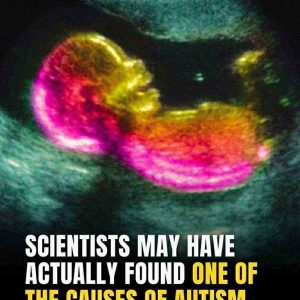10 Warning Signs Your Kidneys May Be in Danger
Your kidneys are silent workhorses, filtering waste, balancing fluids, and regulating blood pressure. Because they often fail quietly, many people don’t notice kidney problems until serious damage has already occurred. Doctors warn that **chronic kidney disease (CKD)** is on the rise globally—and spotting the early signs is key to protecting long-term health.
Here are 10 warning signs your kidneys may be in danger:
—
### 1. **Frequent Urination, Especially at Night**
An increased urge to urinate (nocturia) may indicate that the kidneys are struggling to filter properly.
—
### 2. **Foamy or Bubbly Urine**
Excessive bubbles that don’t go away after flushing can signal protein leakage, often one of the earliest signs of kidney damage.
—
### 3. **Swelling in Ankles, Feet, or Hands**
When kidneys can’t balance sodium and fluids, the body retains water, leading to noticeable puffiness in extremities.
—
### 4. **Persistent Fatigue and Weakness**
Damaged kidneys can’t produce enough erythropoietin, a hormone that stimulates red blood cell production—causing anemia, fatigue, and weakness.
—
### 5. **Lower Back or Side Pain**
A dull ache in the flank area may indicate kidney infection, stones, or inflammation. Chronic pain should never be ignored.
—
### 6. **Difficulty Concentrating or Brain Fog**
Kidney dysfunction can lead to toxin buildup in the blood, reducing mental clarity and focus.
—
### 7. **High Blood Pressure**
The kidneys regulate blood pressure. If they’re damaged, blood pressure often rises—and uncontrolled hypertension, in turn, causes further kidney harm.
—
### 8. **Loss of Appetite, Metallic Taste, or Nausea**
Accumulated waste in the bloodstream can affect digestion and alter taste, sometimes leaving a metallic flavor in the mouth.
—
### 9. **Dry, Itchy Skin**
Healthy kidneys balance minerals like calcium and phosphorus. When they fail, imbalances can cause persistent itching.
—
### 10. **Shortness of Breath**
Fluid retention in the lungs or anemia from kidney disease can make it harder to breathe, especially during activity.
—
### Why These Signs Matter
Kidney disease is often **“silent” in its early stages**. By the time clear symptoms appear, significant damage may already be present. Risk factors include diabetes, high blood pressure, obesity, and family history of kidney disease.
—
### What You Can Do
* **Stay hydrated** (but avoid overhydration if already at risk).
* **Manage blood pressure and blood sugar** with lifestyle changes and medication if needed.
* **Limit salt and processed foods**, which strain the kidneys.
* **Avoid excessive painkillers/NSAIDs**, which can damage kidney tissue.
* **Schedule regular check-ups** and ask about kidney function tests if you’re in a high-risk group.
—
## Bottom Line
Your kidneys rarely cry out for help until the damage is advanced—but subtle clues exist. If you notice any of these 10 warning signs, it’s important to seek medical advice early. Protecting your kidneys today could mean avoiding dialysis or transplant tomorrow.





